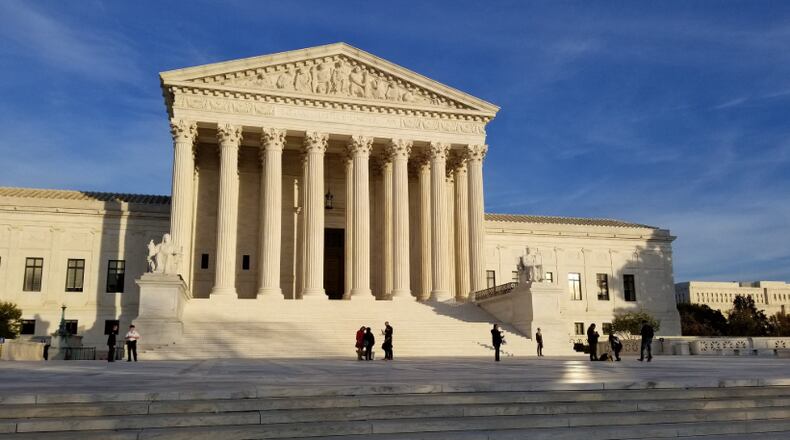Attorneys for the President have lost at every level in state and federal court in all three cases, making the argument that Congress does not need Mr. Trump's financial information for any legitimate legislative purpose, casting it as a fishing expedition.
The subpoenas were not to sent to the President - but rather to Mazar's, Deutche Bank, and Capital One - making the case somewhat different than a simple subpoena to Mr. Trump.
It’s really important not to read too much into the fact that #SCOTUS is taking these cases. Historically, these are cases the Justices feel compelled to take up out of deference to the presidency even when they ultimately rule against the President (see Nixon; Clinton v. Jones).
— Steve Vladeck (@steve_vladeck) December 13, 2019
"Having considered the weighty interests at stake in this case, we conclude that the subpoena issued by the Committee to Mazars is valid and enforceable," a three judge panel of the Second Circuit Court of Appeals wrote earlier this year in the Mazars case.
"We affirm the district court’s judgment in favor of the Oversight Committee and against the Trump Plaintiffs," the judges added.
With the arguments in March of 2020, that timing would suggest that a final decision could be one of the biggest cases to be decided in the 2019-2020 term - possibly being saved for late June, when the Court ends its work before a summer break.
That would put the results squarely into the midst of the 2020 campaign for the White House.
Jay Sekulow on SCOTUS decision to hear challenges to subpoenas for Trump financial records: “We are pleased that the Supreme Court has taken up these 3 cases of significant constitutional issues. We look forward to presenting written and oral arguments." https://t.co/OH0vSrr2ZT
— ABC News (@ABC) December 13, 2019
As for why the U.S. Supreme Court intervened, a number of legal experts said the Justices could have done that as a favor to President Trump - not necessarily indicating that Mr. Trump is going to prevail.
"These cases involve the President and his tax returns, and they may have felt no choice but to take the cases and decide them on the merits given their political importance," said Ashwin Phatak, a lawyer with the Constitutional Accountability Center.
About the Author

